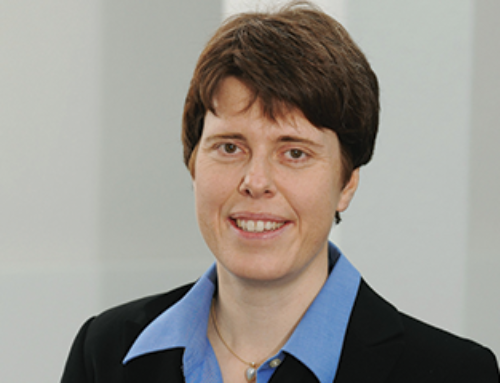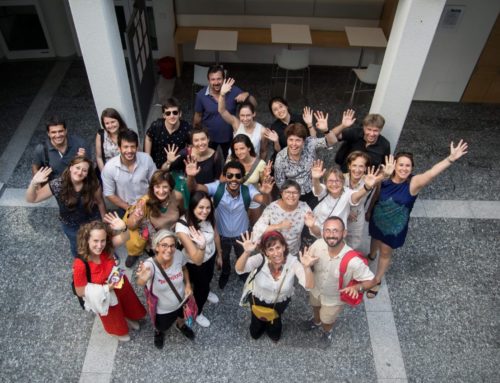VES4US consortium has reached the first milestone of the project: describing nanoalgosomes in prestigious scientific journals, such as Journal of Extracellular Vesicles (JEV) and Biomaterials Science.
Microalgae constitute sustainable and renewable sources of bioactive compounds with a range of sectoral applications, including, for example, the formulation of health supplements, cosmetic products, or food ingredients. In the context of VES4US, we have considered them as promising producer of extracellular vesicles (EVs), and we were able to demonstrate the existence and the features of the microalgal-derived extracellular vesicles. Specifically, in the Biomaterials Science article we reported the selection and identification of the best strains of microalgae that produce extracellular vesicles (EVs), while in JEV we introduced the microalgal-derived EVs that we named nanoalgosomes, as a new type of extracellular vesicles. In the JEV article the researchers deepen into the characterizations of nanoalgosomes produced by the microalgal strain Tetraselmis chuii focusing on their biological activity and ability to be internalized in mammalian cells.
The discovery of EVs as natural carriers of functional small molecules and proteins has raised great interest in the drug delivery field as it may be possible to harness these vesicles for the therapeutic delivery of miRNA, siRNA, mRNA, lncRNA, peptides and synthetic drugs. The described nanoalgosomes would represent a biocompatible and cost-effective drug delivery system based on natural source derived vesicle, which would enhance bioavailability and improve the efficacy and safety of loaded bioactive compounds. Crucial elements of innovation can be identified at several levels. First, the choice of the natural source as producing system of EVs represents a fully innovative approach, which guarantees the production of materials from a fully renewable bio-source. Secondly, a production and post-production strategy is required, which integrates a series of cutting-edge technological innovations at each stage of the development process: EV purification techniques, EV characterisation using novel biophysical tools, bioactivity tests on different model systems.
Antonella Bongiovanni, coordinator of VES4US project concluded: “Building on the solid basis of these first 2 years of the VES4US project, we were able to support our starting idea and propose a new generation of tailor-made natural source-derived bio-nanovehicles for the targeted delivery of drugs and biocompounds in the context of future therapeutics, cosmetics or nutraceutical formulations”.
Links to access the research:
https://onlinelibrary.wiley.com/doi/full/10.1002/jev2.12081
https://pubs.rsc.org/en/content/articlelanding/2021/bm/d0bm01696a#!divAbstract







Leave A Comment